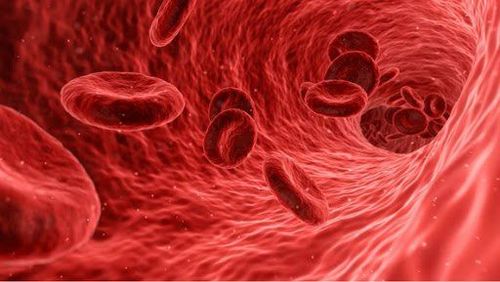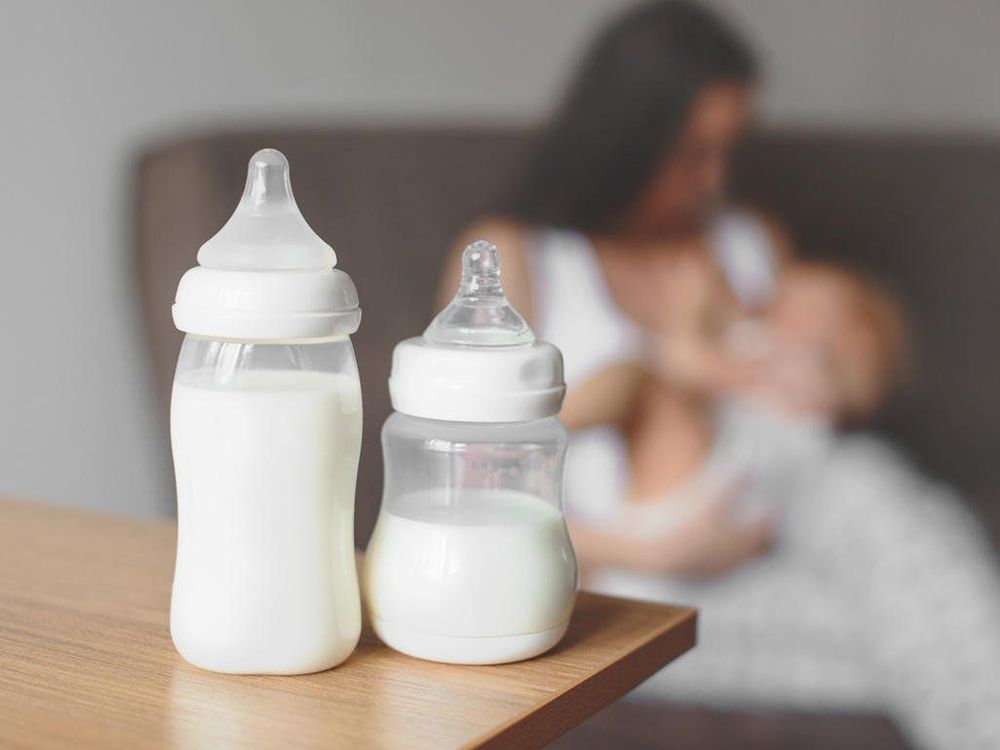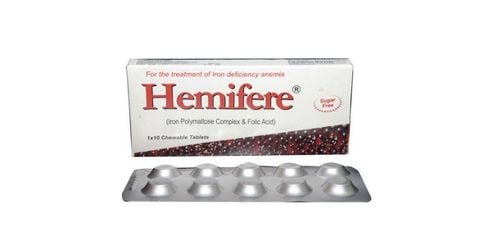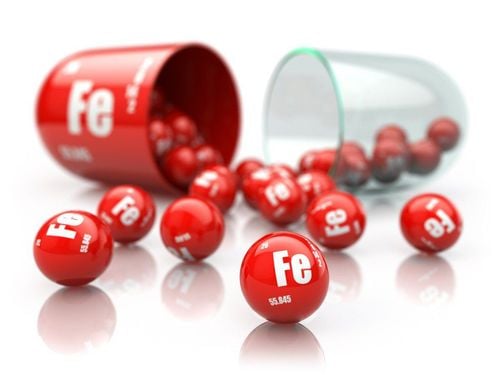This is an automatically translated article.
Newborns, especially premature babies, are prone to iron deficiency anemia. To reduce the risk of iron deficiency anemia, families should pay attention to typical symptoms of anemia, supplement iron in food or in the form of medication as advised by the doctor when the child is 4 months or older.
1. Children who are pale and weak are iron-deficiency anemia?
The most typical sign of anemia is pale skin and fatigue. Other signs include heart palpitations, irritability, loss of appetite, brittle nails, and sore or swollen tongue. However, most children with anemia do not have any symptoms.
2. What is anemia and what causes anemia?
Anemia occurs when red blood cells do not deliver enough oxygen to organ tissues. It often occurs in genetic diseases such as sickle cell anemia, .... In which, iron deficiency anemia is the most common.
The human body needs iron to make hemoglobin (which carries oxygen in the blood). If the child does not get enough iron, fewer red blood cells are produced and the organ tissues receive less oxygen than usual.

Thiếu sắt là nguyên nhân phổ biến nhất gây ra tình trạng thiếu máu
Children are especially susceptible to anemia during periods of strong growth, when they need iron but don't always get it. However, iron deficiency anemia does not happen overnight, but is caused by a serious deficiency that gradually over time.
Iron deficiency occurs for a number of reasons such as not enough iron in the diet, ongoing blood loss (as in the intestinal tract) and poor absorption of iron.
3. Is anemia dangerous?
In addition to the symptoms mentioned above, anemia can cause some serious permanent mental and physical problems. While iron deficiency can be corrected, the mental and physical decline is not always reversible. Iron deficiency can make children more susceptible to lead poisoning and infections.4. How to know if the child is at risk of anemia?
Between the ages of 9 and 24 months, all children are at high risk for anemia. In which, the following subjects have the highest risk:
Premature and low birth weight babies from 2 months of age or older: This is because iron is accumulated in the last 4-6 months of pregnancy. While full-term infants have extra time to accumulate iron in the last 2 months, premature babies do not. Infants who drink cow's milk before 1 year of age: Cow's milk has low iron content and interferes with the absorption of iron in the body. Milk can also irritate the lining of the baby's intestines, causing bleeding. The gradual loss of blood in the stool along with low iron levels in the body can cause anemia. Infants not supplemented with iron after 4 months of age: Iron in breast milk is absorbed 3 times better than iron in formula, but by the time babies start solids, they need to be fortified. Iron supplements in the form of fortified cereals and other iron-rich foods. Full-term infants who are formula-fed but not iron-fortified: However, most infant formulas are fortified with iron.

Trẻ sinh non là một trong những đối tượng có nguy cơ cao bị thiếu máu
5. In which case should children be examined for anemia?
The American Academy of Pediatrics (AAP) recommends that infants be screened for anemia at 12 months of age, or earlier if they were born prematurely. However, if you notice any signs of anemia, take your child to the doctor.To determine if your baby is anemic, the doctor will perform blood tests to measure hemoglobin levels and hematocrit (the percentage of red blood cells in the blood).
6. How to prevent children from anemia?
Prevent your baby from developing iron-deficiency anemia in the following ways:
If your baby is born prematurely or with low birth weight, talk to your doctor about iron supplements. Until your baby is one year old, give your baby breast milk or iron-fortified formula. If your baby is 4 months old and breastfed and hasn't eaten solid foods, the AAP recommends giving them an iron supplement of 11 mg per day until they start eating iron-rich foods. Once your child starts eating solid foods, offer iron-fortified cereals, and finally iron-rich foods like lean meat, poultry, and fish; iron-fortified pasta, rice and bread; leafy greens; yolk; and beans. Offer your child plenty of vitamin C-rich fruits and vegetables like kiwis, avocados, and cantaloupe. Vitamin C helps the body absorb iron.
7. How is anemia in newborns treated?
Treatment of anemia in children by fortifying iron-rich foods or supplementing with iron in the form of drops in more severe cases.
Iron is best absorbed on an empty stomach. However, because iron can cause abdominal discomfort, your doctor may recommend iron supplements for your baby with food, breast milk, or formula. A child's hemoglobin/hematocrit levels can be retested after the child has been on the supplement for 1 - 2 months.
It usually takes several months for blood counts to return to normal and then 6 to 12 months to replenish iron stores. They can then be maintained with an iron-rich diet.

Bổ sung sắt cho trẻ bằng thực phẩm, sữa mẹ hoặc sữa công thức để trẻ dễ hấp thụ
8. Should children take iron supplements to prevent anemia?
Iron supplements are helpful in many cases, but too much iron can be toxic. So always consult your doctor before giving your child an iron supplement. Doctors usually recommend iron supplements for breastfed babies starting at 4 months of age.
If you have iron supplements in the house (or vitamins containing iron), make sure they are out of the reach of young children as iron is a leading cause of accidental poisoning.
When a child shows abnormal signs of health, parents can take the child to Vinmec Health system for timely examination and treatment.
Iron deficiency anemia can cause dangerous complications for children's health and mental health, so parents need to observe and timely supplement this important source of vitamin.
In addition to dietary supplements, parents can give their children supportive foods containing iron and essential micro-minerals such as zinc, lysine, chromium, selenium, vitamin B... to help meet their full needs. meet the nutritional needs of children. At the same time, these essential vitamins also support digestion, enhance nutrient absorption, help improve anorexia, and help children eat well.
>> Parents can learn more: What disease can iron deficiency cause? The article was professionally consulted by Dr. Phan Dinh Thuy Tien - General Internal Medicine - Department of Medical Examination & Internal Medicine - Vinmec Nha Trang International General Hospital.
Please regularly visit Vinmec.com website and update useful information to take care of your baby and family.
Reference source: Babycenter.com













